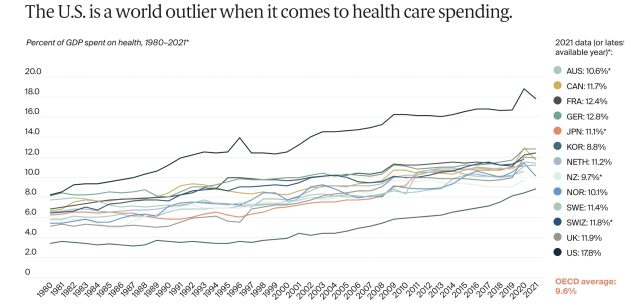The call centre for my insurer is in Scotland but the system is all-American. When the bills arrive, the hurt begins all over again
I have lived for long enough in the US to be acclimated to most of the cultural differences, starting with 20% tipping and ending with the customary address of strangers as “sir”, or “ma’am”, as opposed to the dithery British “er, excuse me?”. The exception to this, of course, is
US healthcare
, which will never strike me as less than outlandish. So it was, last week, when I had cause to call 911 in the middle of the night, but only after putting in a call to my insurers to request pre-authorisation.
If you take the narrowest view, there are aspects of US healthcare that are superior to the UK and European models. In the early hours of last Thursday morning, I knew, for example, that an ambulance would arrive at my door within 10 minutes and probably sooner, no questions asked. I knew that, once I’d been discharged from the ER, I would be able to choose my own doctor for follow-up care, and have some say in how, where and when I was treated. I also knew, with a certainty that I suspect deepened the back spasms that kicked off the whole thing in the first place, that if I didn’t take the necessary steps, I would be receiving a $3,000 invoice from my insurers for the cost of the ride – and that even if I did everything right, there was no guarantee.
Emma Brockes is a Guardian columnist
Continue reading...
chevron_right






